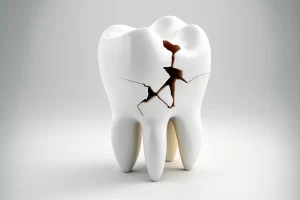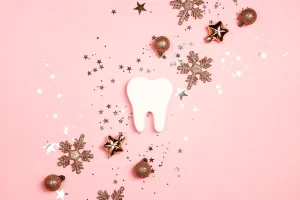Dental emergencies can be unexpected and distressing, requiring immediate attention from a dental professional. While regular dental visits and preventive care are crucial for maintaining oral health, certain situations may arise that necessitate urgent treatment. Understanding what constitutes a dental emergency can help you know if you need to seek prompt care and how to alleviate your discomfort.
Here are some examples of dental issues that are typically considered emergencies:
- Severe toothache: Persistent and severe toothaches can be indicative of underlying dental problems such as an abscess, decay, or infection. If the pain is unbearable or accompanied by swelling and fever, it is important to seek immediate dental care.
- Knocked-out tooth: Whether due to a sports injury, accident, or fall, a knocked-out tooth requires immediate attention. If handled correctly and promptly, a dentist may be able to reinsert and save the tooth.
- Fractured or broken tooth: A broken tooth can cause sharp edges, pain, and sensitivity. If a tooth breaks or fractures, it is considered a dental emergency, especially if it exposes the nerve or causes significant discomfort.
- Dental abscess: An abscess is a painful infection that forms at the root of a tooth or in the gums. It typically presents with swelling, a pimple-like bump on the gums, and severe pain. Dental abscesses require immediate attention to prevent the infection from spreading.
- Loose or displaced tooth: If a tooth becomes loose or moves out of its normal position, it should be treated as an emergency. Prompt dental care may be necessary to save the tooth and prevent further damage.
- Severe oral bleeding: Excessive and uncontrollable bleeding from the gums, tongue, or other areas of the mouth may require emergency dental care. Trauma, injury, or surgery complications can lead to significant bleeding that needs immediate attention.
- Lost dental restoration: If a dental filling, crown, bridge, or other restoration falls out or breaks, it can cause discomfort and leave the affected tooth vulnerable to further damage or infection. Seeking prompt dental care can help prevent complications and restore the dental work.
When faced with a dental emergency, it is crucial to remain calm and take immediate action to alleviate pain and prevent further complications. If you are not sure if you need to be seen immediately, give our office a call and our dentist can talk through what is going on and advise whether you should come in immediately.





